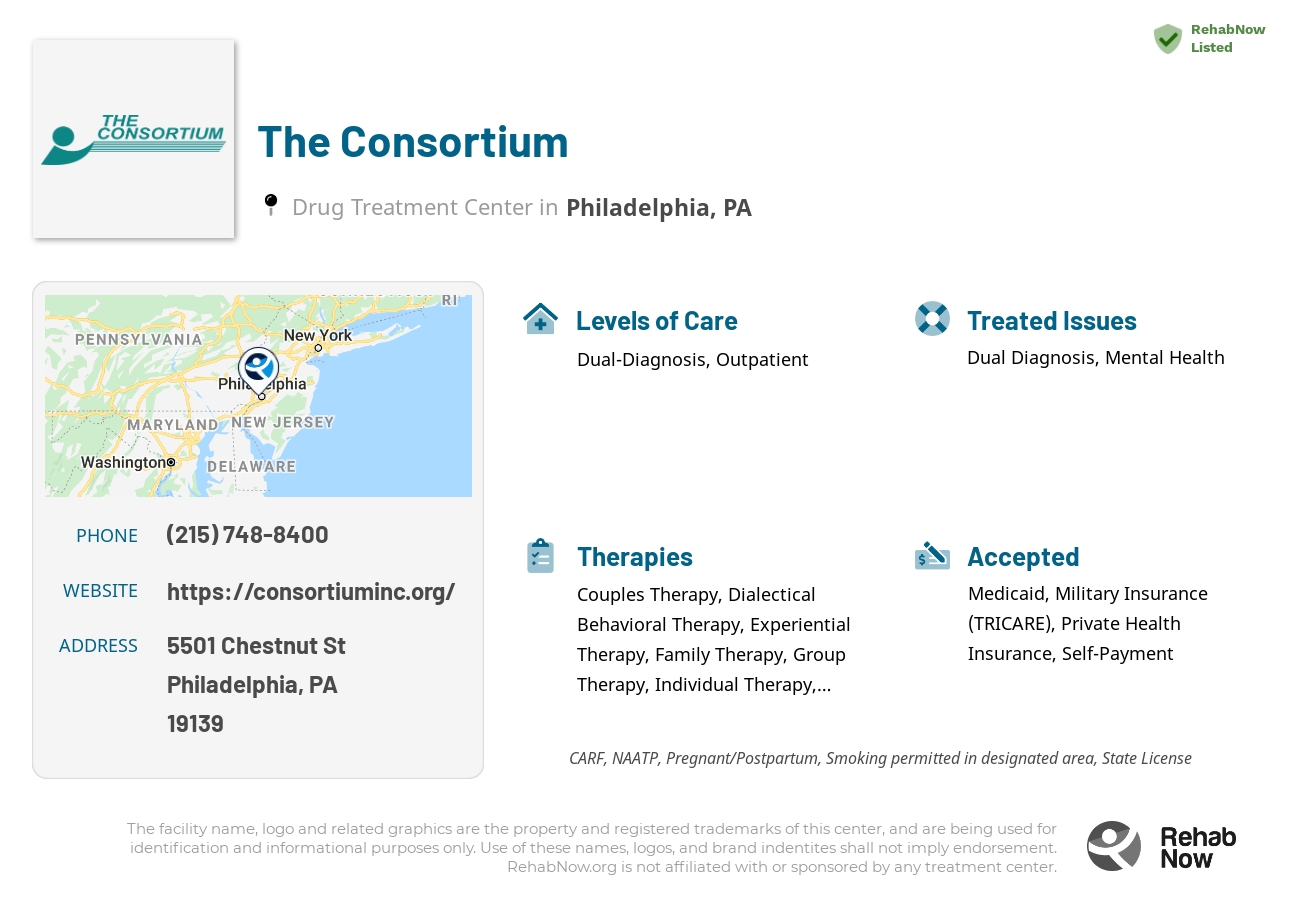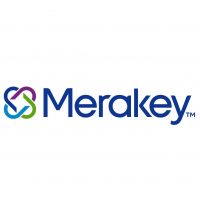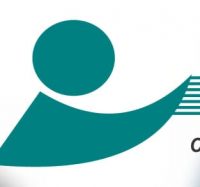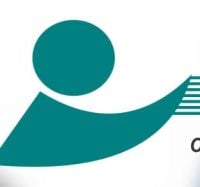The Consortium
Drug Rehab Center in Philadelphia, Pennsylvania
The Consortium Addiction Treatment Facility in Philadelphia specializes in Dual Diagnosis Treatment and offers outpatient levels of care, including Intensive Outpatient Programs (IOP) and Partial Hospitalization Programs (PHP), to assist individuals in achieving long-term sobriety.
About This Philadelphia, PA Facility
The Consortium is a dual diagnosis and mental health treatment facility located in Philadelphia, Pennsylvania. It is dedicated to helping individuals who are seeking sobriety and struggling with both substance abuse and mental health issues. The facility offers outpatient levels of care, specifically targeting dual diagnosis cases. They accept private health insurance, providing accessible treatment options for those seeking help with their addiction and mental health challenges.
Committed to providing comprehensive care, The Consortium offers a range of services and treatment methods for addiction and substance abuse. Their approach includes addressing the complex nature of dual diagnosis cases, where mental health issues and substance abuse are intertwined. Through individual and group therapy, patients are able to explore the underlying causes of their addiction and develop coping strategies. The facility also offers counseling sessions, where individuals can receive support in managing their mental health and addiction challenges. Additionally, The Consortium provides education on relapse prevention and life skills to equip individuals with the necessary tools for maintaining sobriety beyond their time in treatment.
Genders
Ages
Modality
Additional
Conditions and Issues Treated
Conditions such as anxiety, depression, schizophrenia, bipolar disorder are part of mental illness. This may occur that opioid abuse and vice versa are induced by mental illness. Diagnosing a concurrent diagnosis or co-occurring condition at The Consortium is essential to understand the addiction better.
Levels of Care Offered
This center offers a variety of custom treatment tailored to individual recovery. Currently available are Dual-Diagnosis, Outpatient, with additional therapies available as listed below.
Outpatient programs are the standard for addiction treatment. About 9 in 10 U.S. adolescents entering addiction treatment enroll in these programs, so you’re not alone in Philadelphia, PA. Treatment is delivered in different settings – offices, clinics, and primary care clinics.
Facilities offer a variety of services, such as individual and group counseling and family therapy. During the sessions, you work with a team of experts that include: General physicians, Psychiatrists, Social Workers, and Psychologists. The main goals of outpatient recovery programs are to help addicted individuals reduce drug use and addictive behaviors, eventually becoming entirely sober.
The Consortium‘s Therapies & Programs
In addiction recovery at The Consortium, therapy plays a significant role. This helps patients get to the root of their addiction and discover how the problems that contributed to their use can be handled better. Therapy can be performed in a group and one on one settings. The patient interacts with the therapist in a one-on-one atmosphere during individual therapy. This encourages them to reflect on the underlying addiction problems and develop ways to avoid potential future abuse.
Recovering from addiction involves recovering relationships as well. One of the most common areas of stress and damage during addiction is in intimate relationships. Couples therapy at The Consortium can rebuild trust and joy that may have been damaged. Addiction involves everyone in the family, not only the addict.
Family roles can change in damaging ways that may require professional help to rebalance. Successful intimate relationships can decrease the chances for relapse by ensuring a healthy environment after rehab in Philadelphia, PA.
Addiction and alcoholism affect the entire family. For this reason, family therapy is vital to a person’s recovery from addiction. In contrast to couples counseling, family therapy at The Consortium may include siblings, children, parents, and other significant people in the recovering person’s life. Family support is one of the most important pillars of recovery.
Many people turn to drugs and alcohol as a way of processing trauma that has affected them in the past. Trauma can include abuse, neglect, the loss of a loved one and other unpleasant incidents. Trauma therapy at The Consortium helps patients process trauma. It gives them the tools to deal with it in a healthier manner.
Dialectical behavioral therapy (DBT) is a type of Cognitive Behavioral Therapy that focuses on eliminating specific negative thoughts such as suicidal thoughts that can potentially lead to an individual inflicting self-harm. It is useful in the treatment of patients exhibiting uncontrollable emotions, intense mood swings, and borderline personality disorders.
The term “Dialectic” means the integration of opposites. In the substance abuse context, DBT refers to accepting the patient’s addiction and working to change their thoughts and behavior. It improves life skills such as controlling the intense emotions without reacting impulsively, resolving the interpersonal conflicts effectively, and promoting awareness about self and others.
Cognitive Behavioral Therapy (CBT) examines the relationship between a patient’s thoughts, feelings and behaviors. The Consortium aims to establish a healthy response to thoughts and feelings as an alternative to turning to drugs and alcohol. It also promotes healthy communication between addicts and those around them. It is and effective therapy for people suffering with all types of addictions.
Patient Experience
Experiential Therapy at The Consortium
Experential therapy is a unique type of therapy that deals with the subconscious mind. This treatment available at The Consortium in Philadelphia, PA encourages individuals to work out their issues with their inner self through synchronous experiences.
This non-traditional treatment method makes use of the physique and encourages people to take part in various physical and emotional activities, movements, and practices. Some of the most common examples of experiential therapy are equine therapy, music therapy, adventure therapy, and role playing. Through these various methods, an individual is believed to heal from trauma, negative emotions, and hurtful memories faster. Moreover, experiential therapy is known to have enduring results which can be beneficial to sufferers.
Payment Options Accepted
For specific insurance or payment methods please contact us.
Is your insurance accepted?
Ask an expert, call (888) 674-0062
Additional Details
Specifics, location, and helpful extra information.
Philadelphia, Pennsylvania 19139 Phone Number(215) 748-8400 Meta DetailsUpdated November 25, 2023
Staff Verified
Patient Reviews
There are no reviews yet. Be the first one to write one.
Philadelphia, Pennsylvania Addiction Information
Pennsylvania ranks 14th in the nation for drug-related deaths. More than 10% of all deaths in Pennsylvania have been related to drugs and alcohol. 30% of Pennsylvania youth reportedly drink alcohol monthly, with more than 20,000 teenagers having an alcohol problem. The rate of opioid misuse in Pennsylvania is double the national average.
Drug addiction and abuse are a big problem in Philadelphia, Pennsylvania. According to recent statistics, about 73,000 people in Philadelphia struggle with drug addiction. This means that about 7.5% of the population is addicted to drugs. Philadelphia also has one of the highest overdose rates in the country, with about four deaths per 100,000 people. It is important to choose a program that fits the individual's needs and addiction severity.
Treatment in Nearby Cities
- Girard, PA (300.7 mi.)
- Vestaburg, PA (252.2 mi.)
- McConnellsburg, PA (146.8 mi.)
- Johnstown, PA (196.8 mi.)
- Phoenixville, PA (19.1 mi.)
Centers near The Consortium
The facility name, logo and brand are the property and registered trademarks of The Consortium, and are being used for identification and informational purposes only. Use of these names, logos and brands shall not imply endorsement. RehabNow.org is not affiliated with or sponsored by The Consortium.










